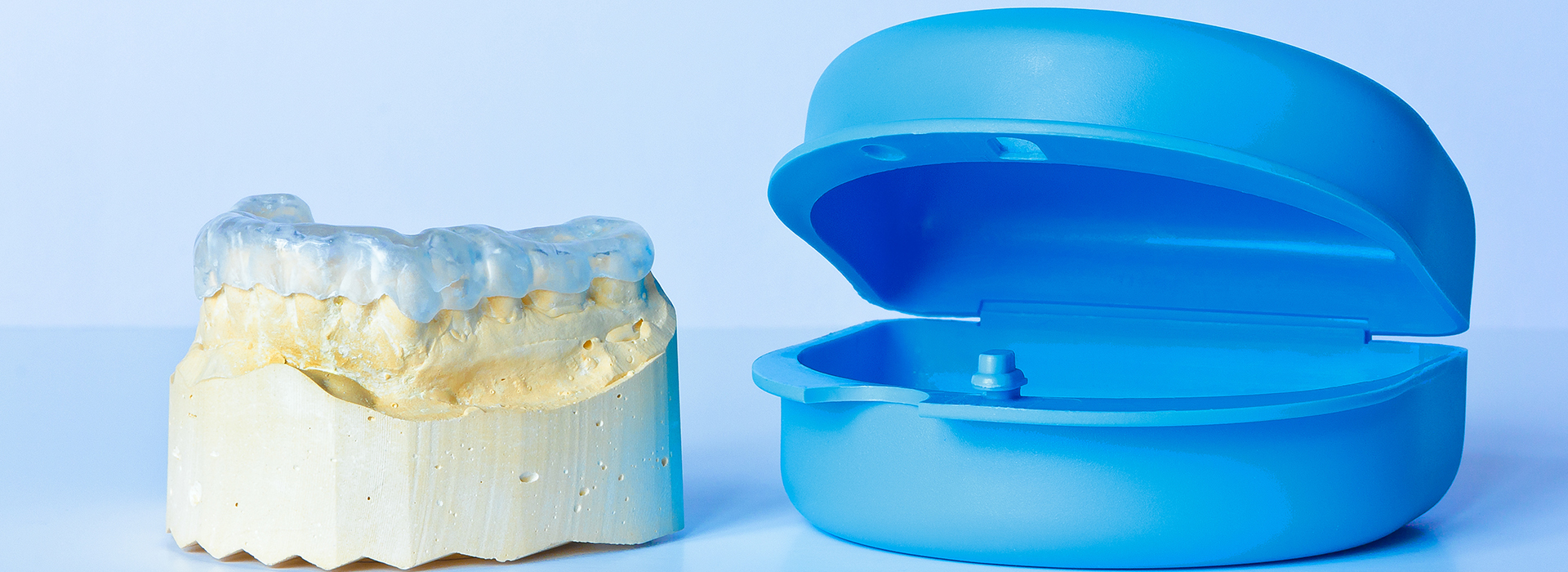
Many people assume teeth grinding is an occasional nuisance, but chronic bruxism is a repetitive jaw-muscle activity that can cause lasting problems. It often occurs during sleep and may go unnoticed until symptoms appear. Common warning signs include morning jaw stiffness, recurring headaches at the temples, tooth sensitivity, and unexplained wear on the biting surfaces.
Bruxism is not a single-cause condition. Stress and anxiety are frequent contributors, but factors such as an abnormal bite, missing or misaligned teeth, and certain sleep disorders can play a role. Because the habit typically happens at night, patients often become aware of the issue only after physical symptoms or dental damage become evident.
Left unchecked, bruxism exerts excessive forces on the teeth and jaw joints, which can lead to chipped enamel, fractured restorations, and strain on the temporomandibular joint (TMJ). Early recognition and targeted treatment are the best ways to protect dental health and reduce discomfort associated with chronic grinding.
A night guard is a simple, noninvasive device that creates a protective barrier between the upper and lower teeth. By absorbing and redistributing the forces generated during grinding, the appliance reduces direct contact between teeth and helps prevent further wear. It also helps the jaw muscles relax by keeping the mandible in a more neutral position throughout the night.
Rather than trying to stop the unconscious grinding reflex, the night guard’s primary goal is to minimize damage and alleviate symptoms. Many patients notice reductions in morning soreness and fewer headaches once they consistently use a properly fitted guard. In some cases, consistent use can also help interrupt the habit, giving muscles a chance to recover.
Because night guards are worn during sleep, comfort and fit are essential. A well-designed appliance should feel unobtrusive, be easy to clean, and remain stable in the mouth without causing speech or breathing issues when awake. Proper fit also ensures the guard performs effectively over time without creating new bite problems.
Over-the-counter night guards are widely available and may seem like a convenient first step. These boil-and-bite or generic stock devices can offer short-term protection for mild cases, but they often sacrifice fit and long-term comfort. Ill-fitting guards can move during sleep, cause sore spots, or contribute to changes in tooth position.
Custom-made night guards, by contrast, are crafted from precise impressions or digital scans of the patient’s teeth. This personalized approach produces a snug fit that distributes occlusal forces correctly and resists displacement. Clinically tailored appliances also allow the dentist to adjust thickness, material, and occlusal contacts to match the patient’s specific needs.
Material choices vary—soft thermoplastic options are forgiving for light grinders, while harder acrylic splints are preferred for stronger clenching and heavy wear. In some cases, a dual-layer design offers a balance of comfort and durability. Your dentist will recommend the most appropriate material based on the severity of grinding and overall oral health.
Your appointment for a custom night guard typically begins with a brief examination and a discussion of symptoms and sleep habits. The dentist will evaluate teeth, restorations, and the TMJ to determine how bruxism is affecting oral structures. If needed, diagnostic records such as bite analysis or digital imaging may be collected to inform appliance design.
Once a treatment plan is agreed upon, impressions or digital scans are taken to capture the exact contours of your teeth. These records are sent to a dental lab where the night guard is fabricated, or the appliance is milled in-office using digital workflows. At the delivery appointment, the dentist will ensure the fit is comfortable and make any minor adjustments needed for stable occlusion.
Follow-up visits are a normal part of the process. Because bruxism patterns and materials wear over time, periodic checks help maintain function and fit. If symptoms persist or change, the treatment plan can be revised—either with adjustments to the appliance or by coordinating care with other providers when an underlying medical issue is suspected.
Proper care extends the life of a night guard and supports oral hygiene. Rinse the appliance after each use and brush gently with a nonabrasive cleanser; avoid hot water that can warp the material. Store the guard in its protective case between uses, and bring it to dental appointments so your clinician can inspect wear patterns and fit.
Regular monitoring is important because the severity of bruxism may change. Excessive wear on the guard suggests ongoing heavy grinding and may indicate a need for a more durable material or a replacement. Likewise, new or worsening jaw pain, persistent headaches, or changes in how your teeth meet should prompt a follow-up evaluation.
When bruxism is linked to other health issues—such as obstructive sleep apnea or high stress levels—collaborative care can improve outcomes. Your dentist can discuss referral options or co-management strategies with sleep physicians, physical therapists, or behavioral health professionals to address contributing factors alongside appliance therapy.
In summary, a properly fitted night guard is a practical, conservative way to protect teeth, relieve muscle strain, and reduce the consequences of nocturnal grinding. With individualized assessment, careful fabrication, and routine follow-up, patients can expect improved comfort and a durable defense against further dental damage. To learn more about whether a night guard is right for you, please contact Callahan Family Dentistry for additional information and guidance.
Our goal is to help every patient experience the benefits of good oral health and a beautiful smile. We value the trust you have placed in our office and strive to provide solutions that meet your dental needs and expectations of care.
